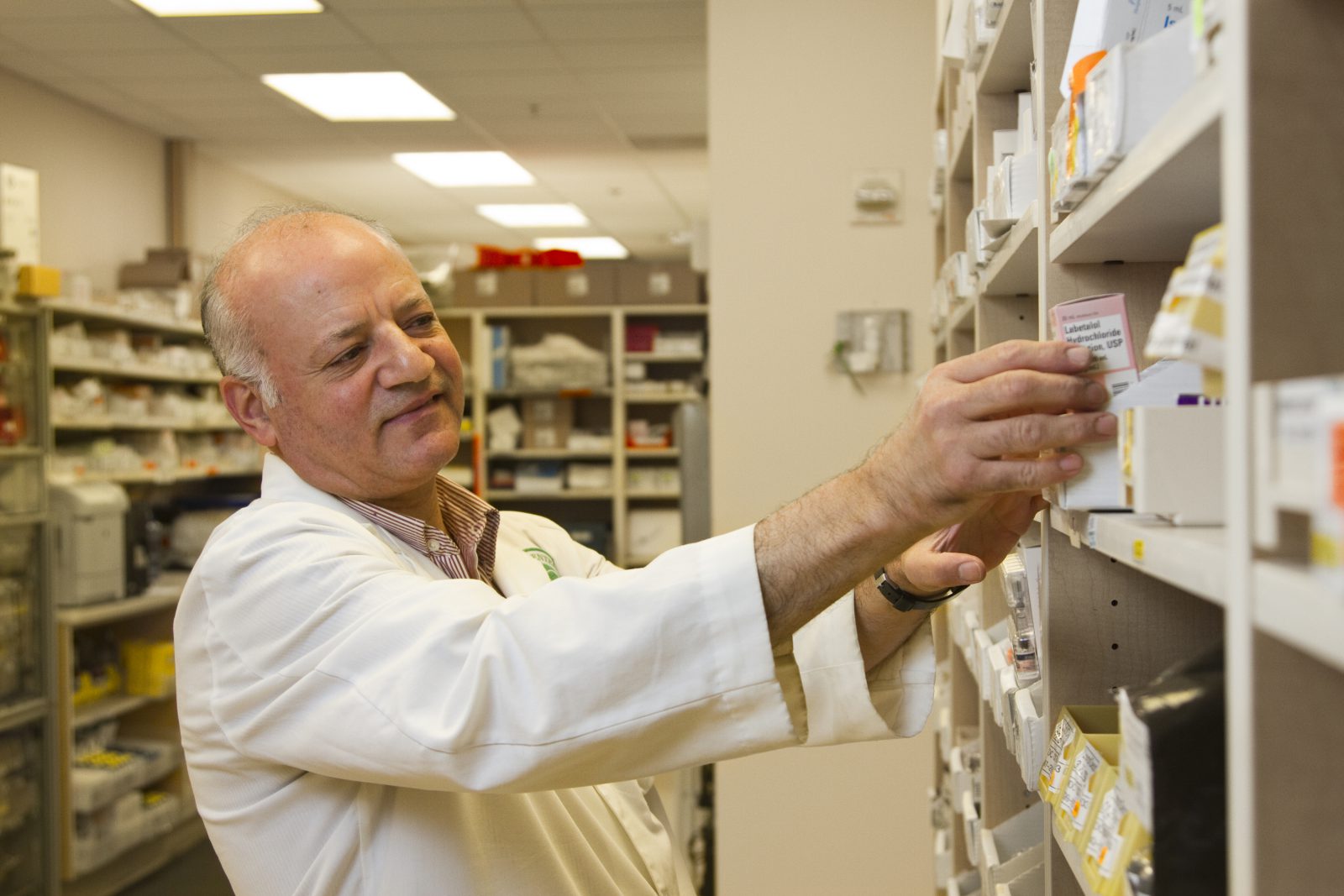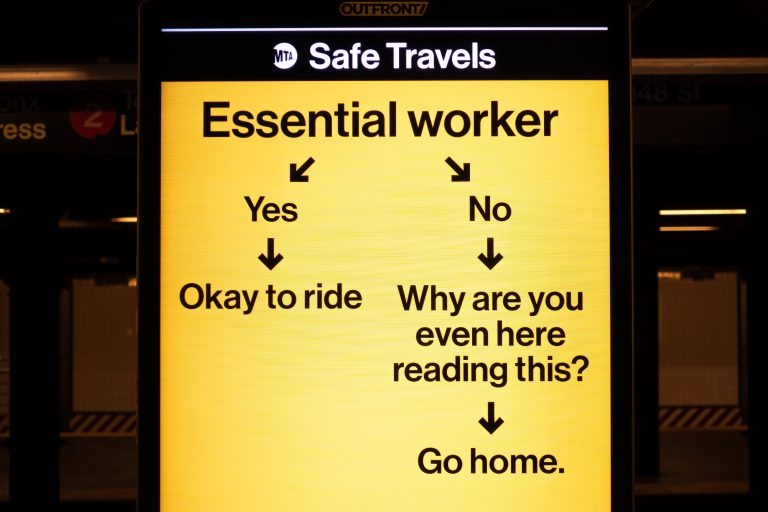Since the beginning of the novel coronavirus back in late December of 2019, it has infected hundreds of thousands and has spread across multiple countries. While it has spread to people of different ages, from young to old, the evidence is proving that children are seemingly much more resistant to it.
Coronavirus and Children
We’re not saying that children are entirely immune to the virus. In fact, some children have already been infected. On the other hand, what we’re saying is that the infection seems to be much less severe in them.
Children who were tested positive of the virus have shown symptoms that are much milder compared to older folks. To add to this, a recently published article by JAMMA Network has stated that most infected people were on individuals who were around the age of 49 to 56. These are people who also had previous illnesses before their infection, meaning that their bodies are already compromised beforehand.
Coronavirus and Newborns
What about newborns, especially in mothers who were tested positive for the coronavirus? The results might come as a surprise to you.
According to The Lancet, research done in Wuhan seemed to show that the virus actually does not pass to the newborns. A paper was done studying a woman who was tested positive for the virus after she gave birth to her child. While the study was small, this prompted many others to start paying attention to this.
What did researchers find? Well, it seemed like the virus was not transmitted to their newborn babies.
In the research, a group of nine pregnant women between the ages of 26 to 40, all of who were tested positive for coronavirus, had a C-section done to give birth. Samples of breast milk, amniotic fluid, and types of substances were taken for testing during this time. To the scientist’s surprise, all of them tested negative for the virus, and the most significant find was that none of the fetuses were infected from the virus as well.
That said, this research still has a long way to go. Because none of the mothers had a vaginal birth, scientists aren’t sure how the results would differ from ones that underwent C-section. Also, the mothers were all at their trimester of pregnancy, meaning that it is unknown how the virus will affect mothers during the first or even second trimester.
What This Means for You
If you were initially anxious about the virus devastating your family, especially your children, you could take a sigh of relief. While we’re not saying that you and your children are immune to the virus, you shouldn’t panic, thinking that there is no way out for them in case they do get infected.
Plenty of research is still being conducted on the novel coronavirus, and there is always new information to be learned about how it is transmitted, how it affects people of different age groups, and more. Educate yourself about the virus from relevant sources of information, such as the World Health Organization, and employ routines of cleanliness, such as keeping your hands clean at all times and limiting the touching of your mouth and nose.
For more news about the coronavirus as well as other topics in the medical industry, visit our website today!
















